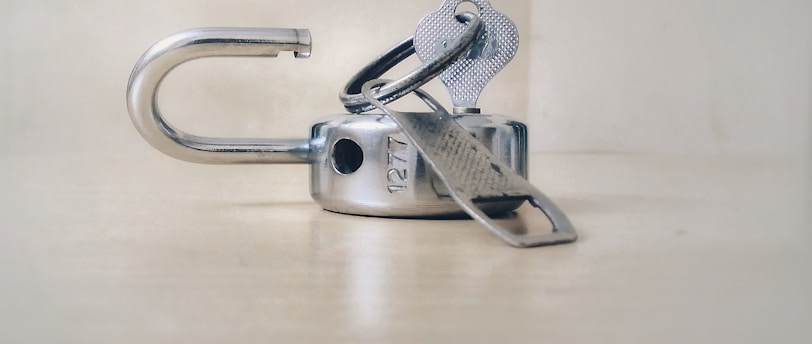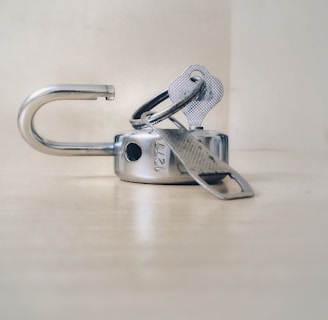Chilling Effect: You Have The Right BUT Remain Silent
“I am no bird; and no net ensnares me: I am a free human being with an independent will.” ― Charlotte Brontë
MENTAL MODEL


A chilling effect is the inhibition or discouragement of exercising natural and legal rights because of a threat of legal sanction. It can be caused by legal actions like the passing of a law, a court decision, threat of a lawsuit, or any legal action that would cause you to hesitate to exercise a legitimate right for fear of legal consequences. Chilling refers to undesirable friction. It is anything that slows a particular behavior. Think free speech and the right to protest. You can view it as self-censorship that occurs even when something is legally protected, but the potential consequences deter you from the action.
The core of the chilling effect is the fear of repercussion. People avoid expressing their opinion or engaging in certain behaviors because they worry about legal action, fines, imprisonment, or social ostracism. It’s why journalists think twice before reporting on sensitive topics. They have a legal right to free speech. But this won’t guard them against government retaliation. Similarly, citizens may choose not to participate in political protests or public discussions on controversial issues for analogical reasons: drawing unwanted attention.
But the chilling effect has broad implications on democracy. Public debate and the free exchange of ideas suffocates. This weakens democracy since among the diversity of voices, only a few speak up. In some countries, this is a legitimate threat. There are restrictive laws that deter activists from speaking out against corruption. Remember Russia and China? Even if there aren’t explicit laws, people err on the side of caution. Laws against hate speech, for instance, can sometimes be written in an ambiguous way such that individuals are uncertain about what illegal speech means.


Real-life implications of the chilling effect:
Authoritarian Regimes: in countries with strict governmental control (e.g. Russia, China, North Korea) citizens and journalists avoid discussing political dissent or corruption. They fear imprisonment or other harsh penalties. This limits the flow of information, suppresses public debate, and reinforces government power.
Academic Research: scientists in sensitive fields (e.g. political science, human rights) might self-censor their work to avoid retribution from powerful institutions. Important findings remain unpublished or underreported. This hinders academic and societal progress.
Media Reporting: news outlets avoid reporting on controversial topics (e.g. government corruption, corporate malfeasance) if they fear legal actions or litigation. The public thus receives a sanitized source of reality. This perpetuates misinformation and bias.
Online Expression: people refrain from posting opinions on social or political issues due to a fear of being targeted by automated moderation, censorship, legal threats, or doxxing. Thus the diversity of viewpoints online is reduced. This forms echo chambers as people avoid challenging the way things are.
How you might the chilling effect as a mental model: (1) don’t freeze — evaluate the social context in which your or your organization operates and ask, “Are there ambiguous rules that cause self-censorship? How might fear of repercussions limit communication?”; (2) find the ice — look for behaviors where people avoid expressing dissenting opinions or engaging in controversy, or if certain topics are consistently avoided or feedback is muted; (3) melt it — advocate for clear, fair, and narrowly defined rules that protect rights without creating and air of fear; (4) let them blow the whistle — create a safe online and offline space where individuals can express themselves, such as with anonymous feedback surveys in your team or formal whistleblower protections.